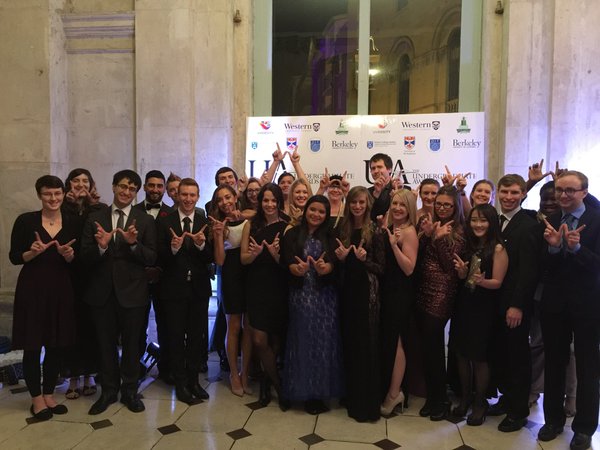
2015 Undergraduate Awards
Document Type
Article
Publication Date
2015
Abstract
This essay explores the issue of Missing and Murdered Indigenous Women (MMIW) in Canada from a perspective that problematizes not only the racializing and gendering of Indigenous women, but the normative conception of the human ascribed to settler Canadians as well. By examining these processes as part of a greater juridical-biological constitution of ‘the human,’ the ways in which this differentiation works to valorize the lives of some humans whilst simultaneously devaluing the lives of ‘others’ are revealed. This hierarchy is explored through the lens of Roberto Esposito’s book Third Person in order to illustrate how the subject-formations that have occurred and continue to occur at the intersection of Canada’s Indigenous and settler populations stem from problematic notions of personhood. Inspired by Esposito’s problematization of both secular and Catholic notions of personhood, this essay discusses and critiques the ways in which these notions, in the form of the colonial and settler state dispositif, have contributed to the devaluation of Indigenous peoples, cultures, sovereignty and bodies and simultaneous overvaluation of their non-Indigenous counter-parts in the specific context of the phenomenon of MMIW. In response to Esposito’s proposed affirmative biopolitics, this essay concludes by proposing a way out of this dispositif, inspired by the work of Judith Butler and Walter Mignolo, through a “universal project of diversality” premised on the shared precariousness of life.

Included in
Ethics and Political Philosophy Commons, Gender and Sexuality Commons, Inequality and Stratification Commons, Political Science Commons, Race and Ethnicity Commons



Notes
Image by Howl Arts Collective, licensed under CC BY 2.0.